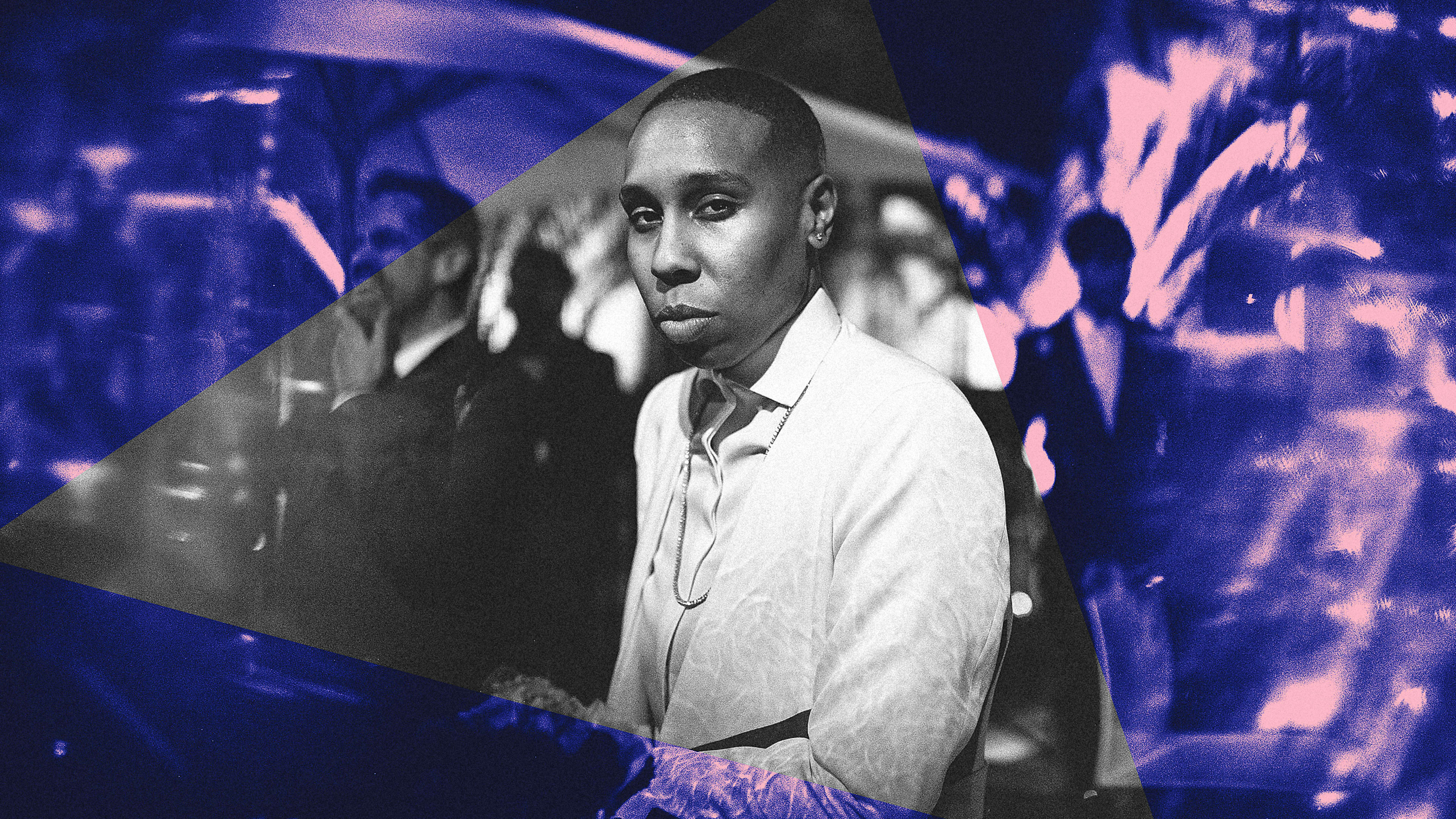The career trajectory of award-winning writer and producer Lena Waithe is a uniquely Hollywood story. Kid from Chicago moves to Los Angeles, and then goes from production assistant gigs to writers rooms to winning an Emmy to producing and showrunning multiple TV series, and having major production studio deals.
A lot of Waithe’s work is directly influenced or channels the spirit of her journey. She virtually dropped in to the Fast Company Innovation Festival to discuss her career, how she’s capturing the diversity of the Black experience through her lens, and the lasting impact she’s hoping to achieve through her production company, Hillman Grad.
Waithe traces her own influences back to classic 1990s sitcoms like The Cosby Show, A Different World, Martin, Living Single, The Fresh Prince of Bel-Air, and Family Matters, along with such Chicago-set movies as Ferris Bueller’s Day Off, Love Jones, and My Best Friend’s Wedding. The Thanksgiving episode of Master of None for which she won a writing Emmy was influenced by her family and her own coming out story, and she said that her ear for dialogue was also the way her mom and other relatives would talk to friends and relatives. “I really just soaked up all these stories, then at the same time was just as fascinated with the stories being told in my living room,” she says.
As a Black queer woman, Waithe takes her responsibility seriously not only to tell stories that have never been told before but also to help others. In her 2018 speech accepting an award at the Essence Black Women in Hollywood event, she said, “It’s not just my job to make art . . . but to be a shining light for all the little lesbians in training. To care about them more than my bank account.”
When talking about how she sees her work and the next generation of artists coming up, she says it’s very exhilarating to be a beacon of light, to be part of a transition of power. “The times are really shifting and changing, we’re in that time right now,” she says. “And they call them growing pains for a reason. It’s not always easy to step into a new era. What’s exciting is that I have the space and ability to help usher people in.”
Part of that is holding those in power accountable. In a recent Variety column, Waithe called for financial repercussions for studios and productions that weren’t meeting their inclusivity commitments.
“There needs to be some repercussions, otherwise the status quo will continue to exist,” she says. “The good news is no one wants to be shamed, no one wants to be embarrassed. Some conglomerates don’t care. There are a couple that are big enough where it doesn’t matter how much people rage against the machine, but I do think there are people walking inside the machine and dismantling it from inside.
“I think that’s the way it’s going to have to happen in some of those places. They’re going to be partnering with Black people, and those people will be saying, this will not stand and will have to change if you want me to work with you. I know I’m doing that. The great thing is, when I say that a lot of these places are like, ‘Yeah we want to change,’ and they want to know how, and I don’t mind engaging in those very honest conversations.”
Part of making sure a new era of inclusivity is sustainable is helping to usher in these new voices, but Waithe says that it’s not just about making sure the door is open for them to walk through.
“I think it’s dangerous if you just leave the door open. It’s more about walking in with them, walking alongside them, because the journey can be difficult. It’s meant to take you out. It’s meant to discourage you. What I try to do is be there when that discouragement comes to remind them that it’s temporary. Opening the door isn’t enough. You have to hold their hand and make sure they get in okay.”
When it comes to representation in her own art, Waithe is keenly aware of the balance between the broader culture and her own individual voice. “My process doesn’t necessarily have to heal someone else’s pain,” she says. “If I’m wanting to be brutal in the art, I have a right to do that. Because anyone taking that right away from me, puts me in a form of bondage. No one’s telling Tarantino not to be brutal. No one’s telling Scorsese not to be brutal. No one’s telling the makers of Game of Thrones not to be brutal.
“I understand this idea of just wanting to see Black people just be joyful with no trauma, but the truth is to not acknowledge my scars is to act as if they’re not there. It’s like only looking at Gordon Parks photos where the Black people are smiling. Some of his photos are hard to look at. The Emmett Till photo is hard to look at. But it’s supposed to be.”
Recognize your brand’s excellence by applying to this year’s Brands That Matter Awards before the final deadline, June 7.
Sign up for Brands That Matter notifications here.
